News + Media

How China's international and domestic policy positions reinforce each other
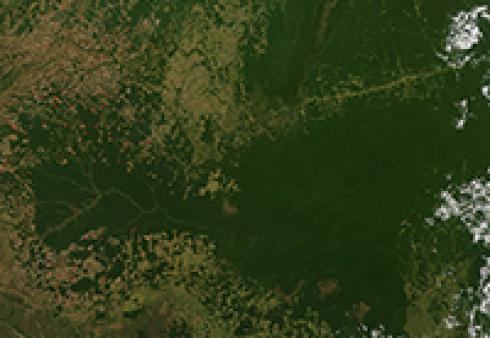
Study shows significant cost differences in Brazil and Mexico

Faculty and students from the Program in Atmospheres, Oceans and Climate visited our nation's capital to build relationships with policymakers on both sides of the aisle.
MIT Water Summit presents insights, innovations and solutions to protect our world’s most abundant natural resource
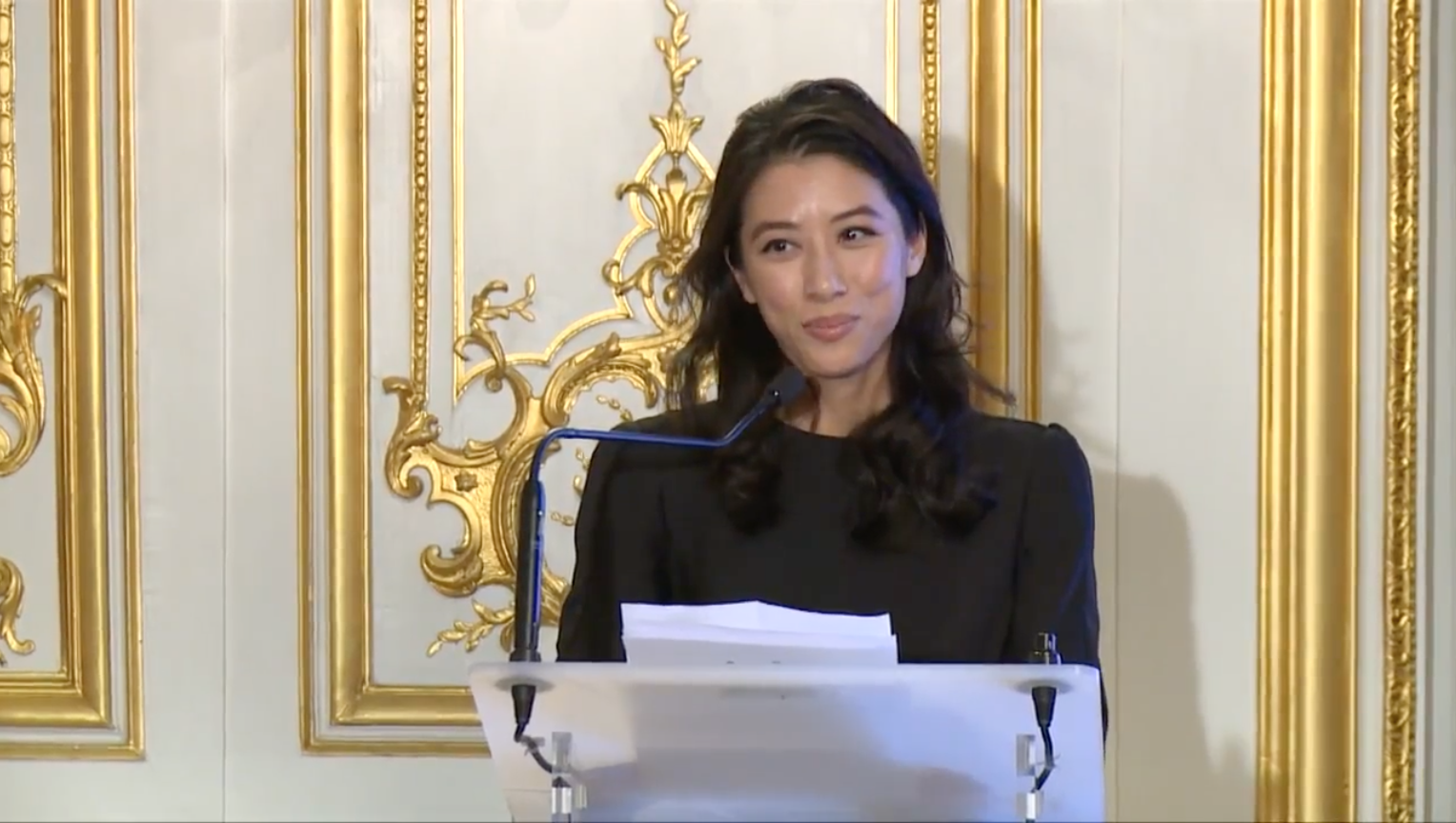
Professors Henry Jacoby and Valerie Karplus (MIT Sloan School of Management) and their collaborator, professor Xiliang Zhang (Tsinghua University; MIT-Tsinghua China Energy & Climate Project) speak at this event. Addressing an audience of COP21 attendees, MIT alumni, current students, and...

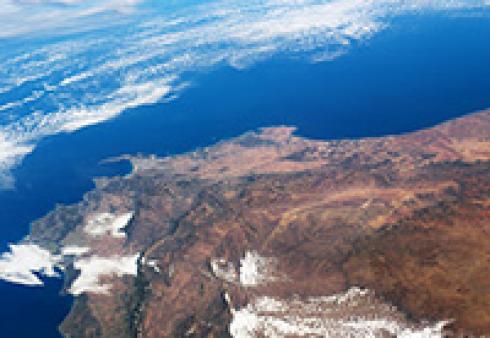
Study gauges climate impacts on renewable energy production in southern Africa
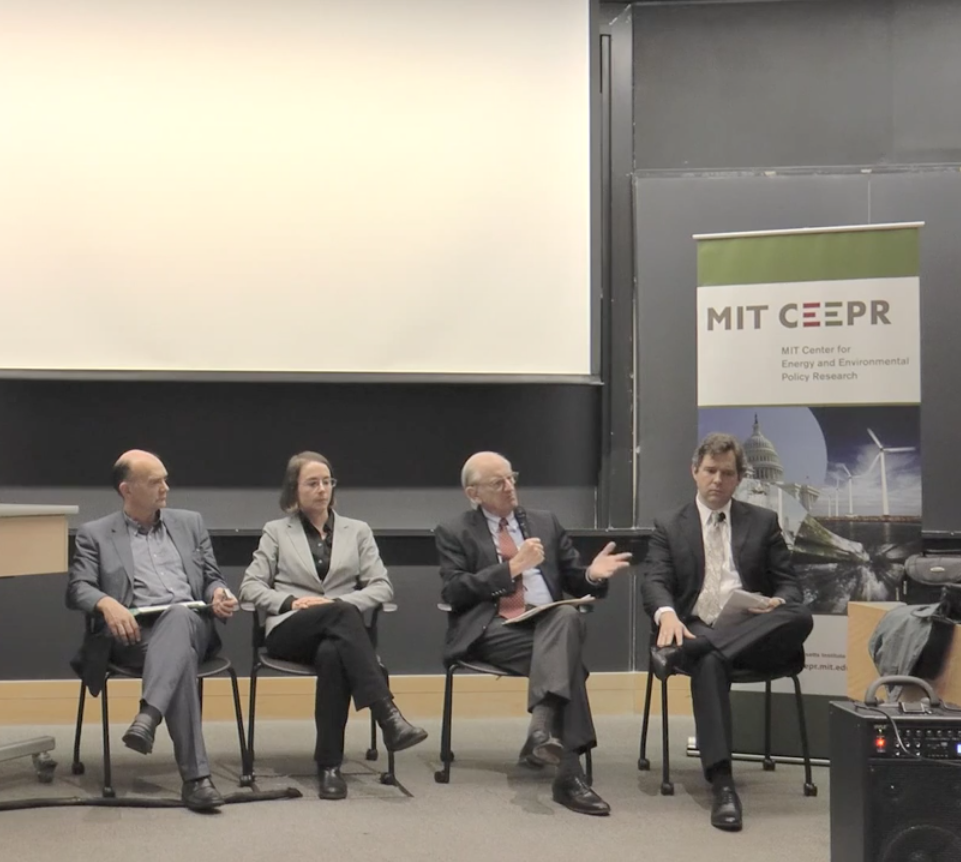
Leading climate economists discuss prospects for a successful outcome to the COP21 meeting.
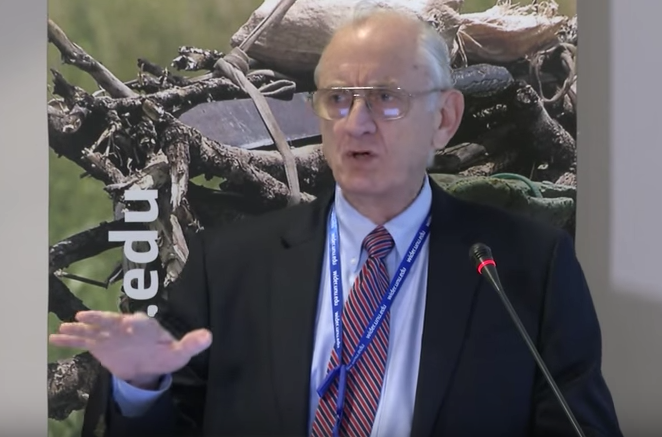
Henry "Jake" Jacoby Raises Climate Change Concerns at UNU-WIDER Conference.

Leading climate economists discuss prospects for a global agreement

